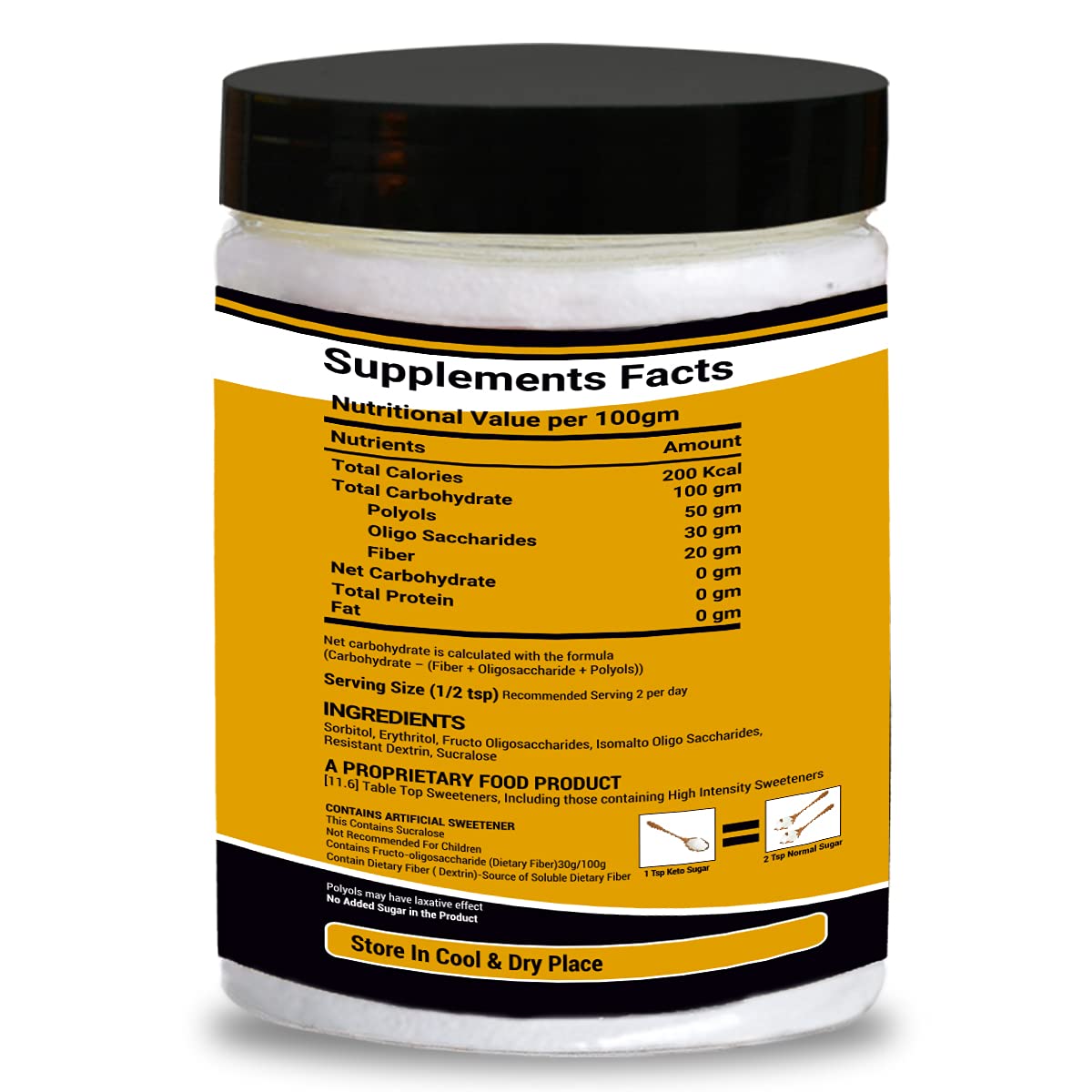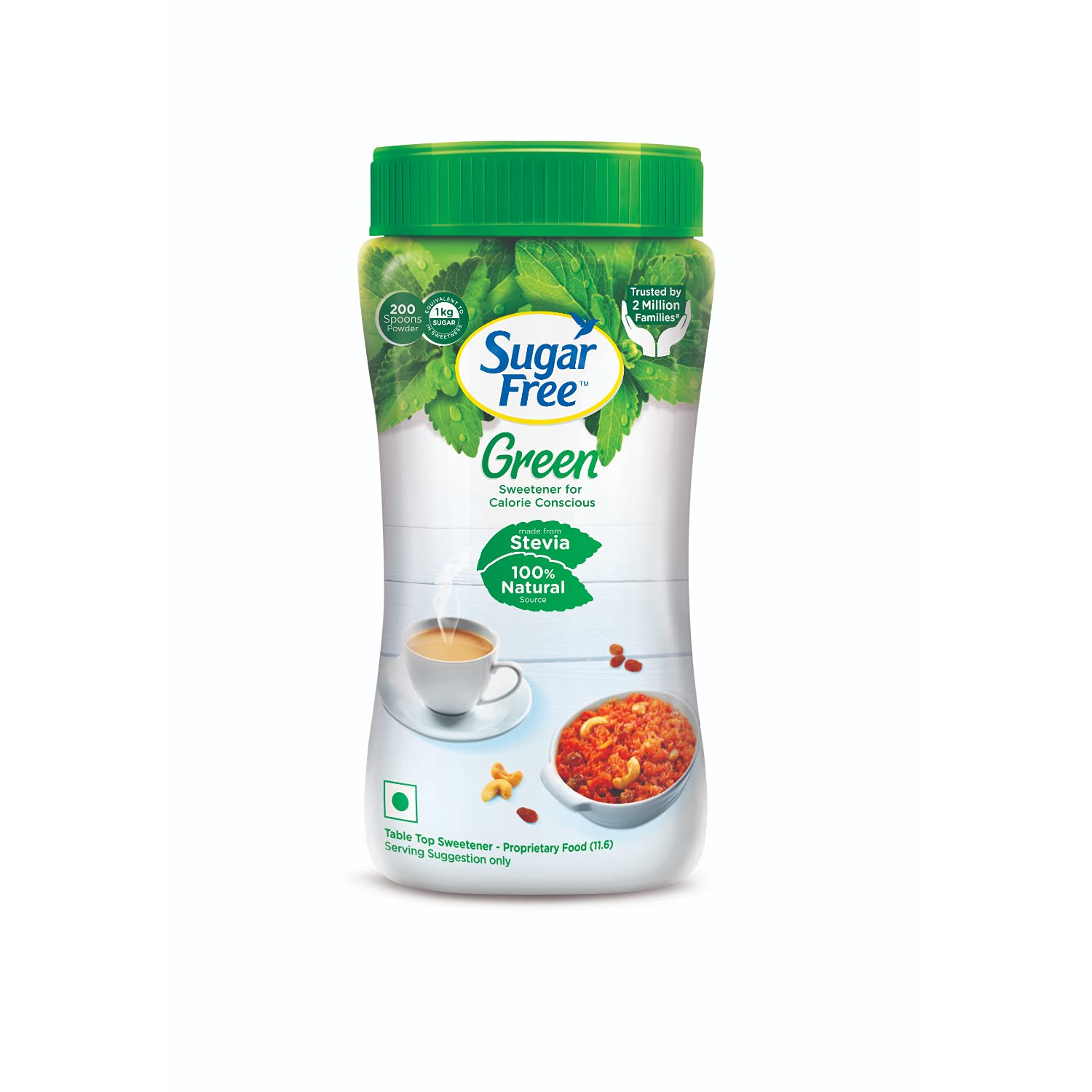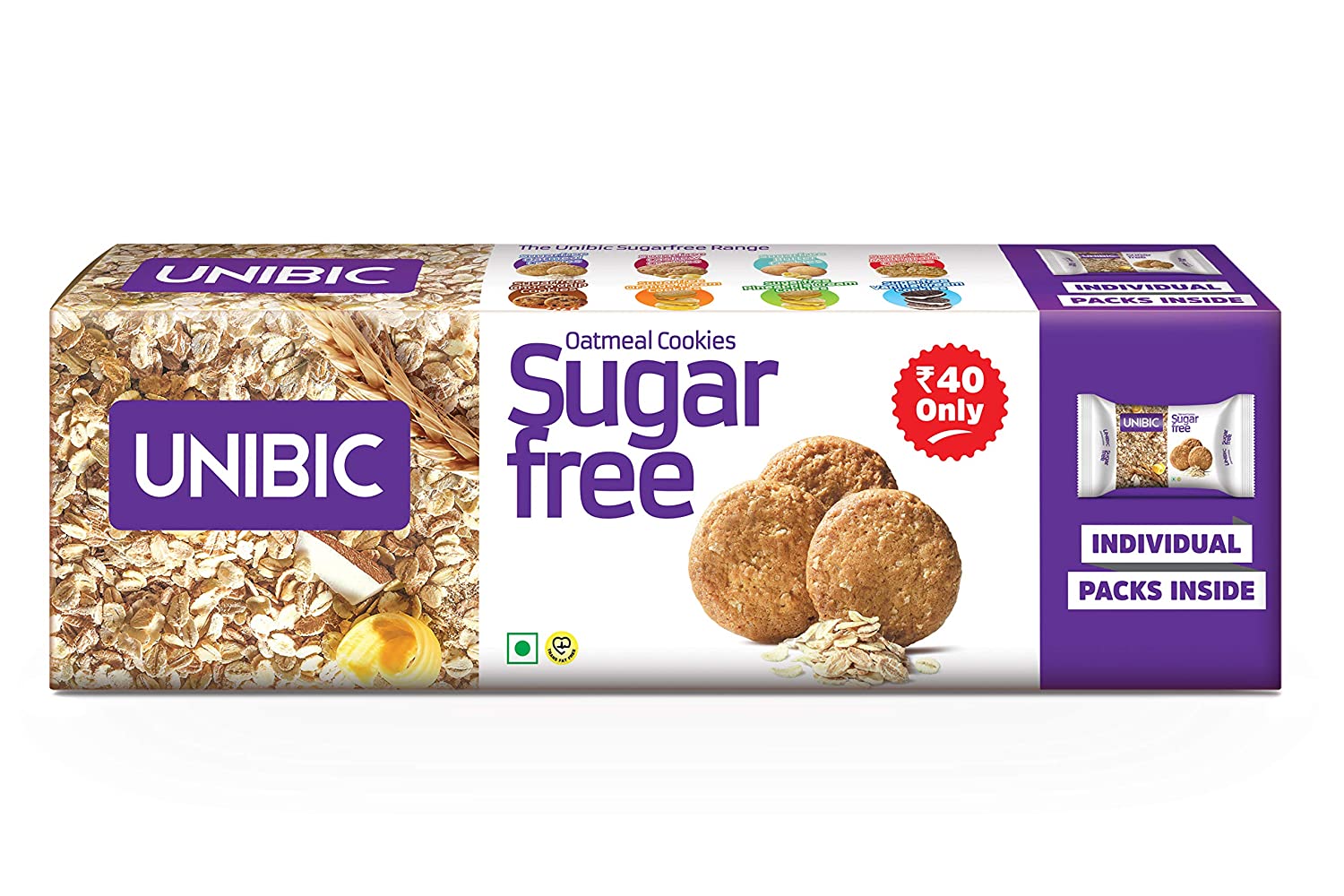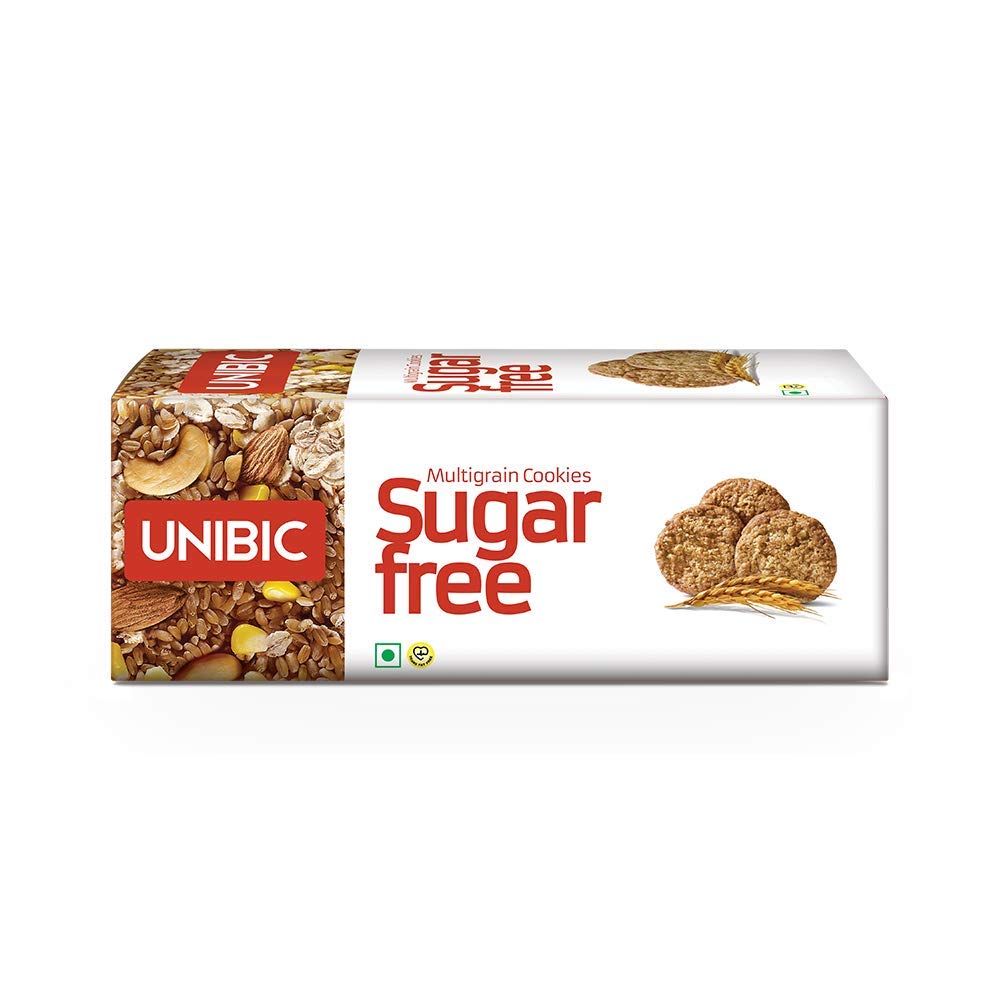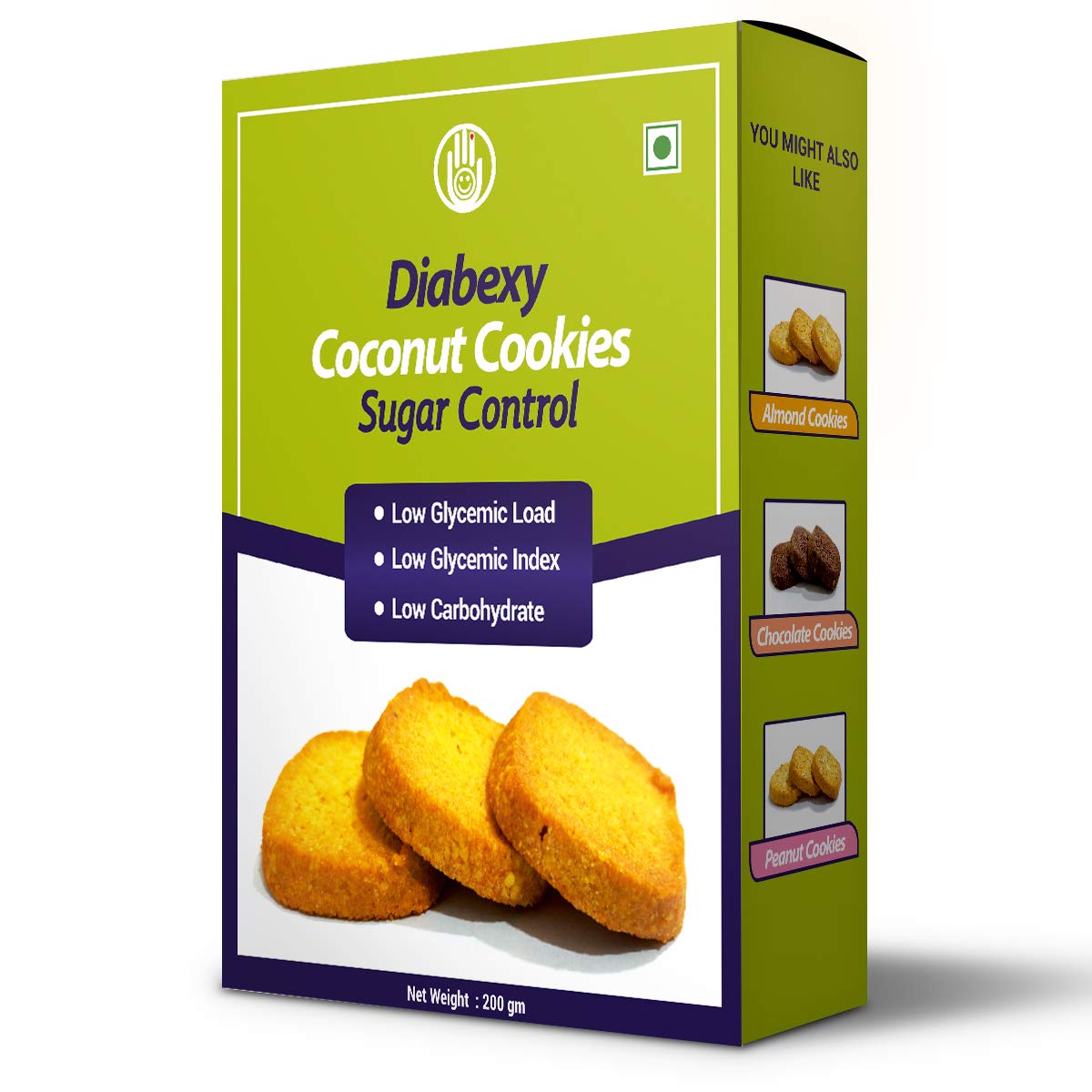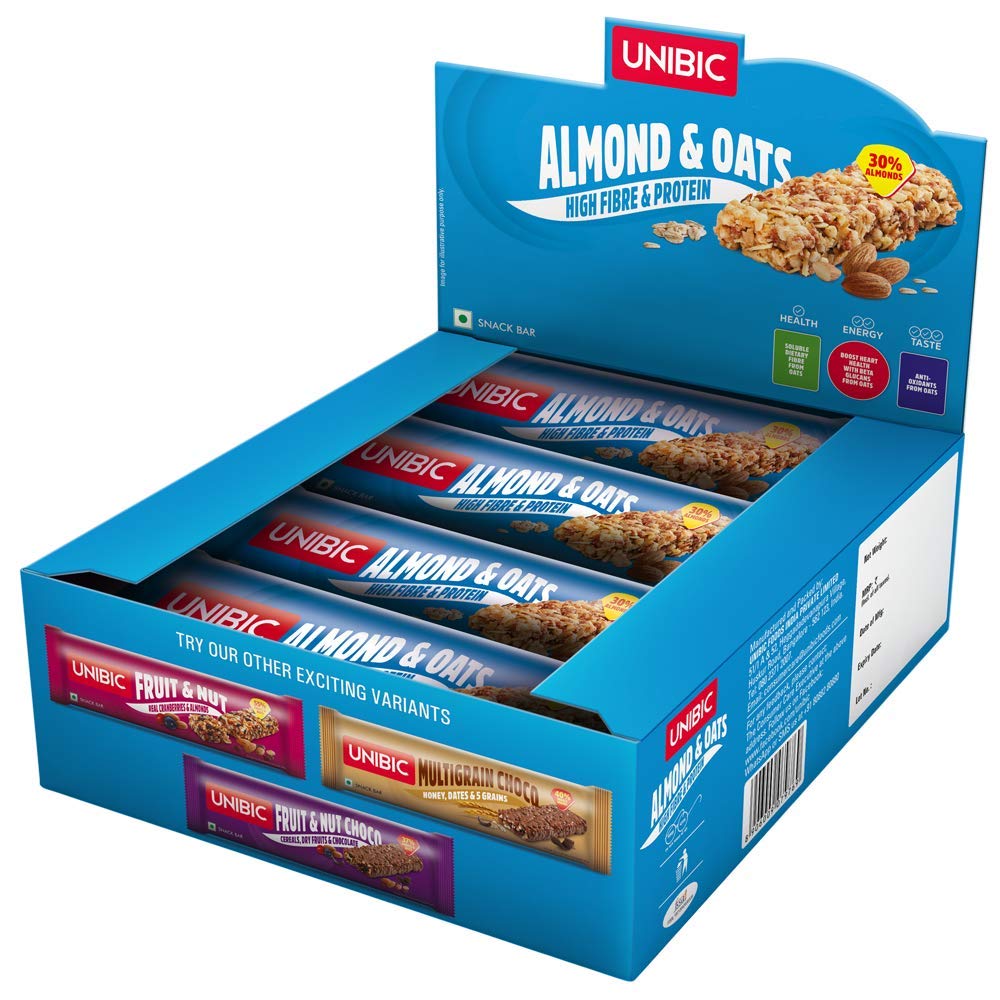Polyols
Macronutrient
Last update date: October 11, 2023
Polyols are carbohydrates but not sugars. This makes them sugar-free sweeteners and used in the same amounts as sugars. Though they are not essential nutrients, they maintain a healthy colonic environment and function.
Frequently Asked Questions
1.
What is Polyols?
Polyol is a versatile carbohydrate which does not have the same number of calories as a normal carbohydrate. Polyols have the same texture and taste but impart about half the calories as their commonly used counterparts. It is commonly used as a sugar substitute in foods and beverages wherever the sugar content needs to be kept in check. Products made with polyols are often prescribed by doctors and nutritionists to people who are diabetic or are supposed to be on a diet which requires them to control their sugar intake.
2.
What is positive impact of Polyols?
When consumed in moderate amounts, polyols can be a suitable alternative to regular sugar. They provide sweetness to food and beverages without significantly raising blood sugar levels, making them suitable for individuals with diabetes or those following a low-calorie diet. Polyols also contribute fewer calories compared to sugar and may help reduce the risk of tooth decay.
3.
What is negative impact of Polyols?
Polyols can cause dose-dependent symptoms such as flatulence, abdominal discomfort, and laxative effects. These symptoms may be experienced by both healthy individuals and those with irritable bowel syndrome (IBS). Ongoing research aims to better understand the effects of specific polyols on gastrointestinal function, sensation, and the gut microbiome, particularly in relation to conditions like IBS.
4.
Who should avoid Polyols?
While polyols are generally recognized as safe for consumption, individuals with a known sensitivity or intolerance to polyols should avoid foods containing these substances. Additionally, those who experience significant digestive discomfort, such as excessive gas or abdominal bloating, after consuming polyol-rich foods should consider reducing their intake or consulting a healthcare professional for further guidance.
5.
What are common sources of Polyols?
Polyols are naturally found in various foods, including: Stone fruits like cherries, peaches, and plums Mushrooms Cauliflower Apples Apricots Pears Nectarines These foods can provide a natural source of polyols, allowing for the enjoyment of their sweet taste while reducing overall calorie intake.
6.
Which are symtoms of Polyols deficiency?
A deficiency of polyols is not a commonly reported condition, as they are not considered essential nutrients for human health. Polyols can be obtained from natural food sources or consumed through sugar-free and reduced-calorie products. It's important to consume polyols in moderation and be mindful of individual tolerance levels to prevent any gastrointestinal discomfort.


